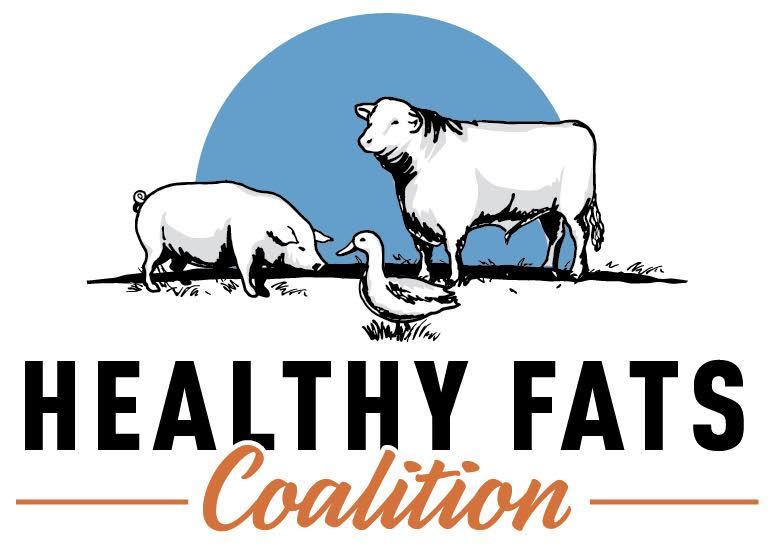The American Heart Association, U.S. Dietary Guidelines and most doctors and nutritionists say that if you eat more “healthy fats” from vegetable and seed oils and less “bad fats” from red meat and dairy products, you’re on your way to better cardiovascular health.
It turns out that may not be supported by the highest standards of scientific evidence. A new analysis of never-before-published trial data from the 1960s and ‘70s pokes holes at the notion that we can stave off heart attack and stroke by eating more polyunsaturated fat (the “healthy” kind). Instead, it suggests that some people who eat more of this fat from vegetable and and seed oils — specifically, those that are high in omega-6 fatty acids — actually have a higher risk of death than those who have a diet high in saturated fat.
The study’s findings were never published in full, perhaps because they went against the emerging and increasingly popular hypothesis that saturated fat in foods like red meat and dairy causes cholesterol levels in blood to rise, increasing the risk of cardiovascular disease and death. This hypothesis, called the Lipid Hypothesis, is currently a generally accepted piece of conventional wisdom in the nutrition science community. With help from the son of one of the original investigators, two researchers recently unearthed and re-analyzed the previously unpublished data. What they found contradicts the Lipid Hypothesis, and could change the way we view “healthy” polyunsaturated fats.
The analysis, published Tuesday in the British medical journal BMJ, is a sequel of sorts for lead researchers Daisy Zamora of the University of North Carolina, Chapel Hill and Christopher Ramsden of the National Institutes of Health. Back in 2013, they performed a similar analysis on another set of previously unpublished data, known as the Sydney Diet Heart Study, and came to similar conclusions: Substituting saturated fat with oils high in omega-6 acids, also known as linoleic acids, actually increases the risk of death from all causes, coronary heart disease and cardiovascular disease.
“Our research highlights the paucity of evidence supporting the dietary replacement of saturated fat with vegetable oils rich in linoleic acid for heart health,” Zamora told The Huffington Post.
Experts say that, combined, these two trials could upend the way we view healthy eating — especially when it comes to our relationship with so-called “healthy” oils.

